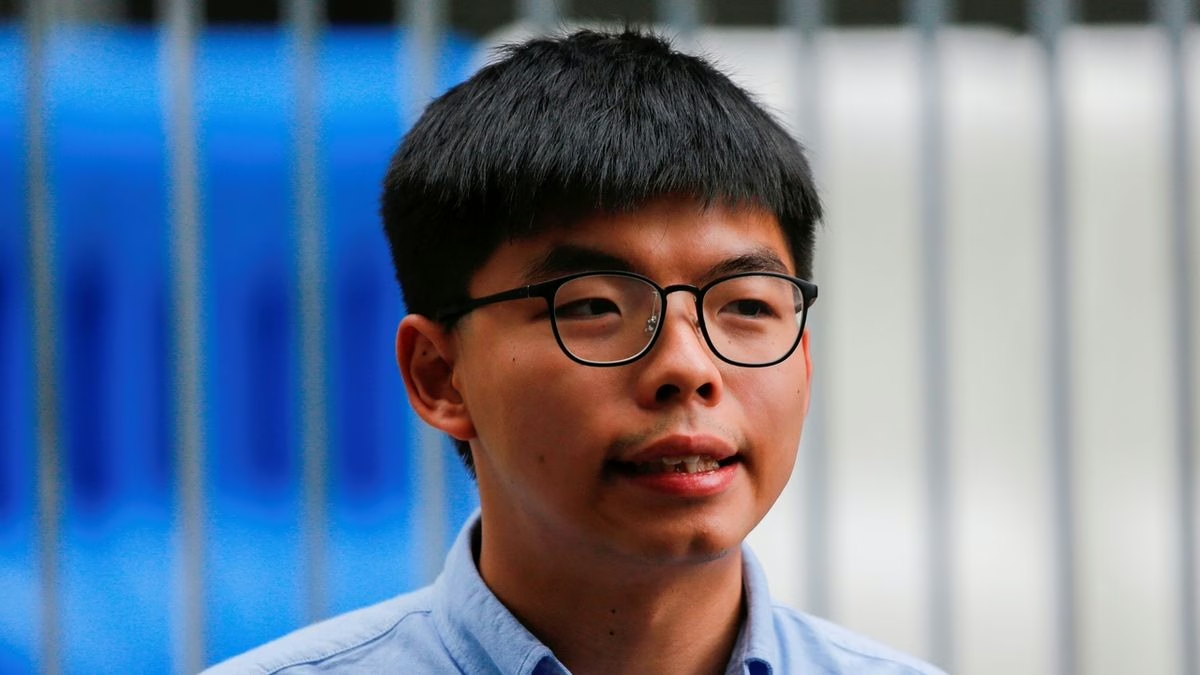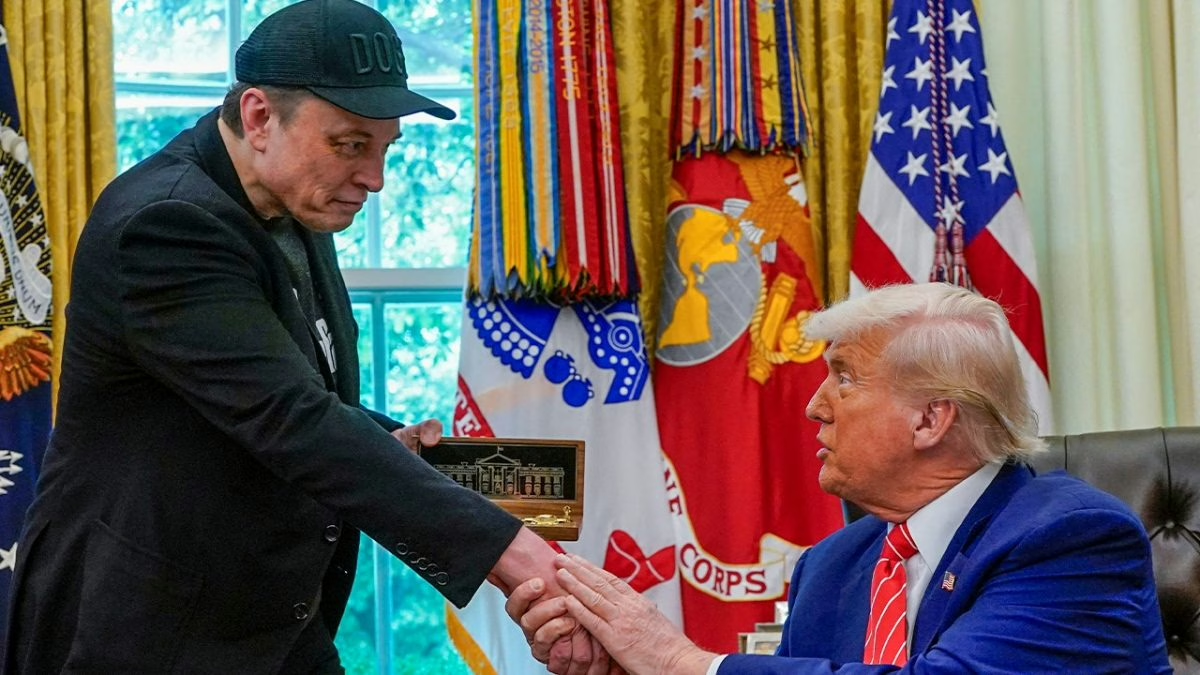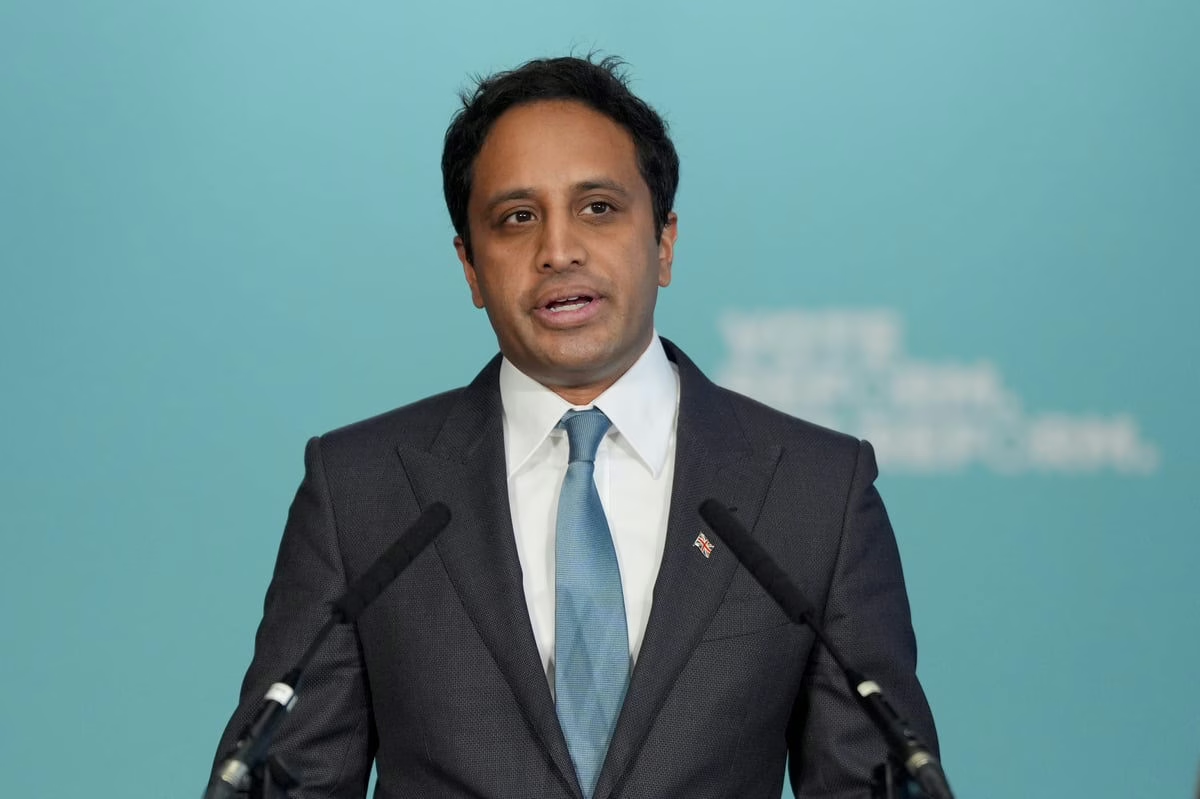In a dramatic escalation of Hong Kong’s crackdown on dissent, pro-democracy icon Joshua Wong was hauled from Stanley Prison on June 6, slapped with new charges under the city’s sweeping National Security Law. The 29-year-old activist, already serving a 4-year-8-month sentence for his role in the 2020 pro-democracy primaries, now faces accusations of “colluding with foreign forces” and money laundering, sparking outrage and claims of political persecution.
New Charges Fuel Double Jeopardy Fears
Wong appeared in West Kowloon Magistrates’ Court on June 6, where prosecutors alleged that between July 1 and November 23, 2020, he conspired with exiled activist Nathan Law and others to lobby foreign governments for sanctions, blockades, or “hostile actions” against Hong Kong and China. The charges, carrying a potential life sentence, claim Wong’s actions aimed to paralyze government operations and destabilize the city. Additionally, he’s accused of handling funds tied to these alleged crimes, branded as money laundering.
Legal experts are crying foul, warning of possible “double jeopardy.” The new charges overlap with Wong’s existing conviction for “subversion” in the primaries case, raising suspicions that authorities are piling on accusations to keep him behind bars. “This looks like a textbook case of using multiple charges to punish the same conduct,” said a Hong Kong barrister, speaking anonymously due to fear of reprisal. Amnesty International slammed the move as “a blatant abuse of the National Security Law to silence dissent,” demanding Wong’s immediate release.
Wong, showing no signs of backing down, declined to apply for bail. The case was adjourned to August 8, pending further police investigation.
Who is Joshua Wong?
Joshua Wong is Hong Kong’s most recognizable pro-democracy figure, a household name since his teens. At 14, he founded Scholarism, a student group that derailed a controversial patriotic education curriculum in 2012. By 17, he led the 2014 Umbrella Movement, earning a spot as one of Time magazine’s youngest cover stars. As secretary-general of the now-disbanded Demosisto, Wong became a global advocate for Hong Kong’s freedoms, lobbying world leaders to hold Beijing accountable.
His activism has made him a hero to many but a target of Beijing’s wrath. Critics accuse him of being a foreign puppet, a charge he denies. Already jailed multiple times, including for his role in the 2019 protests, Wong remains a lightning rod in Hong Kong’s polarized political landscape. “Joshua represents the spirit of a generation fighting for freedom,” a supporter posted on X.
The National Security Law: A Legal Sledgehammer
Enacted on June 30, 2020, by China’s National People’s Congress, the National Security Law has reshaped Hong Kong’s legal and political landscape. Designed to crush threats to national security, it targets four crimes: secession, subversion, terrorism, and collusion with foreign forces. Penalties are severe, with life imprisonment for the gravest offenses. Key features include:
- Broad Scope: The law applies globally, criminalizing actions outside Hong Kong, even by non-residents.
- Special Powers: A dedicated police unit and Beijing’s national security office can bypass local oversight. Cases may skip juries and be heard by handpicked judges.
- Chilling Effect: Vague definitions of “collusion” and “subversion” have led to over 200 arrests, with more than 50 convictions by 2025.
In March 2024, Hong Kong doubled down with Article 23 legislation, expanding “national security” to include espionage and state secrets, with penalties up to 10 years. Critics, including the UN and Western governments, say the laws violate Hong Kong’s mini-constitution and the Sino-British Joint Declaration, eroding promised freedoms. Hong Kong’s government insists they’re necessary to restore stability post-2019 protests.
Hong Kong Today: A City Transformed
Five years after the 2019 protests, Hong Kong is a city under tight control. The National Security Law and Article 23 have gutted civil society. Pro-democracy groups, independent media like Apple Daily, and NGOs have vanished. The legislature, purged of opposition after 2021’s “patriots-only” election reforms, is a rubber stamp for Beijing. The 2023 district elections saw a record-low 27.5% turnout, signaling public disillusionment.
Economically, Hong Kong clings to its financial hub status, posting 3.1% GDP growth in Q1 2025, driven by exports. But cracks are showing: unemployment ticked up to 3.4%, and private consumption remains sluggish. A brain drain—60 years’ worst—has seen tens of thousands flee to the UK, Canada, and Australia since 2021, spurred by political repression and harsh COVID policies. Meanwhile, an influx of mainland immigrants strains healthcare, with hospital wait times ballooning, per X users’ complaints.
Socially, Hong Kong is grappling with a youth mental health crisis. Eleven suspected student suicides in early 2025 have alarmed lawmakers. “Our kids are losing hope,” one legislator warned. On the ground, daily life feels increasingly mainlandized—WeChat Pay and Alipay dominate, but freedoms are shrinking. Public protests, once a hallmark of Hong Kong’s vibrancy, are extinct, replaced by an eerie silence.
Global Backlash
Wong’s latest charges have reignited global condemnation. The U.S. State Department called them “politically motivated,” urging Hong Kong to halt its “assault on dissent.” The EU vowed to monitor the case, while the UK labeled the situation “a betrayal” of Hong Kong’s autonomy. Hong Kong’s government fired back, accusing foreign powers of meddling and defending the National Security Law as a shield against chaos.
On X, supporters rallied with #FreeJoshuaWong, but local activism is muted, a stark contrast to the millions who marched in 2019. As Wong braces for another legal battle, his case underscores Hong Kong’s precarious future—a city caught between its past as a beacon of freedom and its present under Beijing’s iron grip.
Discover more from “Bridging Hongkongers. Reporting Truth.”
Subscribe to get the latest posts sent to your email.




